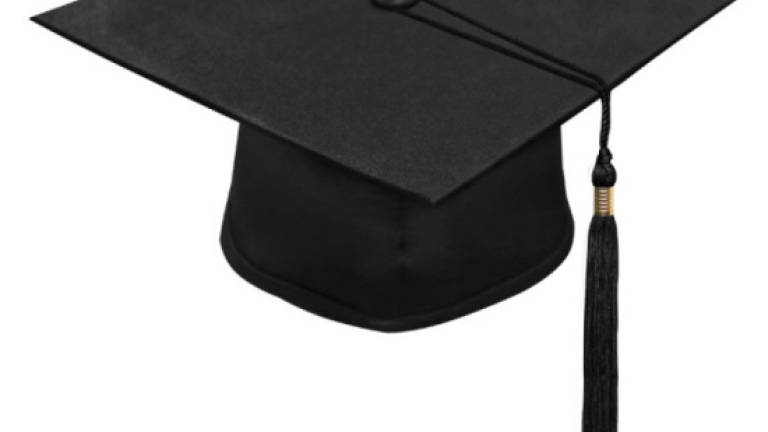Fake certs in high demand

KUALA LUMPUR: People desperate for employment or better salaries have resorted to buying fake degrees.
Checks by theSun showed some 9.6 million hits on Google which displayed various methods of buying the certificates needed.
Using aliases, the seller would display a Gmail account for "those interested in wanting diplomas and degrees" and stressed that they "only wanted to help … (this) is only for serious (buyers)".
Another website advertised the following, "Want to produce SPM certificates, diploma and degrees?", and claimed they could have it done within one or two days.
Prices range from mere hundreds to thousands of ringgit depending on the "courses taken".
According to sources, the situation is not considered unusual because there is a constant demand for such certificates.
The Malaysia Association of Certified Fraud Examiners president Datuk Akhbar Satar, who confirmed this, said a certificate seal only costs RM75.
"A majority of universities and colleges do not use Percetakan Nasional Malaysia Bhd to print the degrees (and) only a certified fraud examiner can verify whether a certificate is fake or genuine.
"Each institution has different features on the certificates such as watermarks, serial numbers and seals.
"Making a fake certificate needs collusion between an individual (within the university) and the offender outside.
"An outsider may get 75% to 80% of the deal made while the one producing it gets less because the latter does not know its actual value," he said when met recently.
"There is no law against having a fake degree and hanging it on your wall, unless it is used to apply for a job or internship. Should a person be found guilty of these actions, he can be charged under Section 420 of the Penal Code (cheating and dishonestly inducing delivery of property)," Akhbar said.
The punishment is imprisonment for between one and 10 years with whipping and a fine imposed.
"In Malaysia, there is no thorough check of a person's background, unlike some countries which take serious precautions before hiring someone. We are (also) not strict when printing papers or certificates," Akhbar said while showing a blank high-grade paper with a watermark as an example.
He cited cases during the 2008 general election when it was found that some political candidates possessed fake degrees "with more having Bachelors and others Masters and PhD. Some of these documents were either from foreign or online universities."
He said the trend of fake degrees started becoming rampant in the late 90s when colour printers were introduced to the market.
Akhbar suggested that besides enforcement and monitoring by learning institutions, there should be an institution that can verify the documents and ensure that a particular university exists.
"The Ministry of Higher Education should also have a special unit to check on fake degrees while collaborating with other learning institutions and law enforcement agencies," he said.